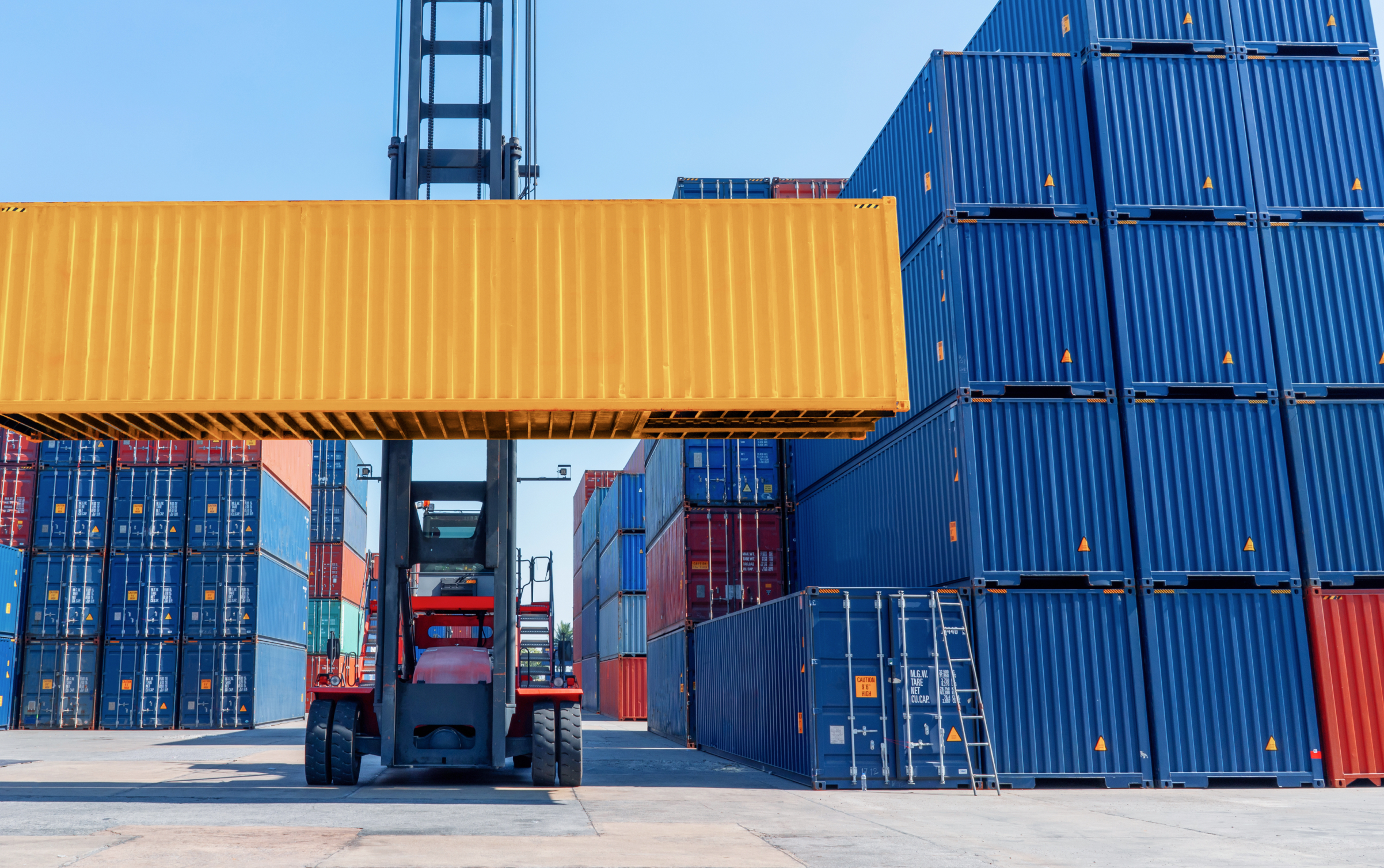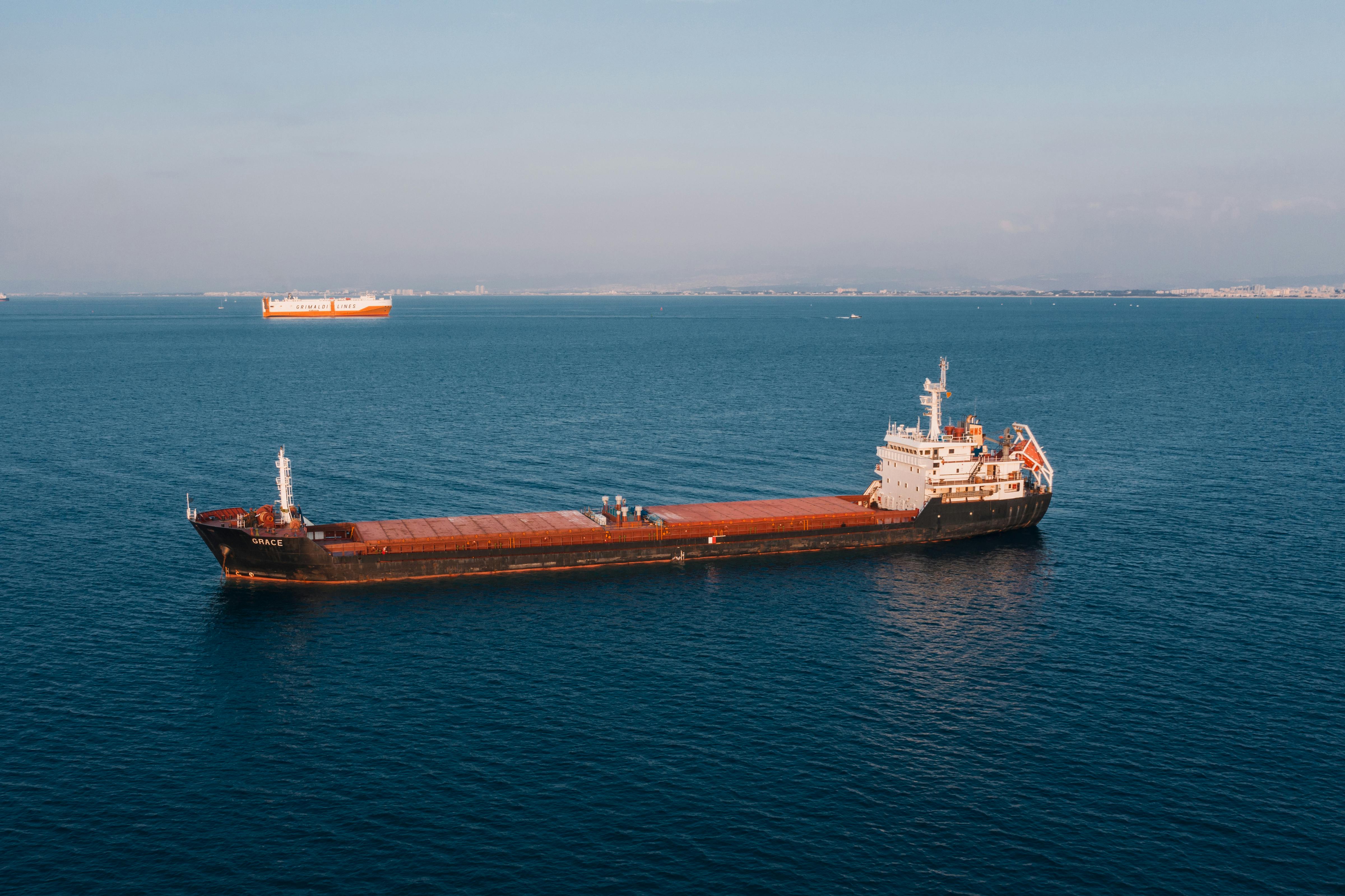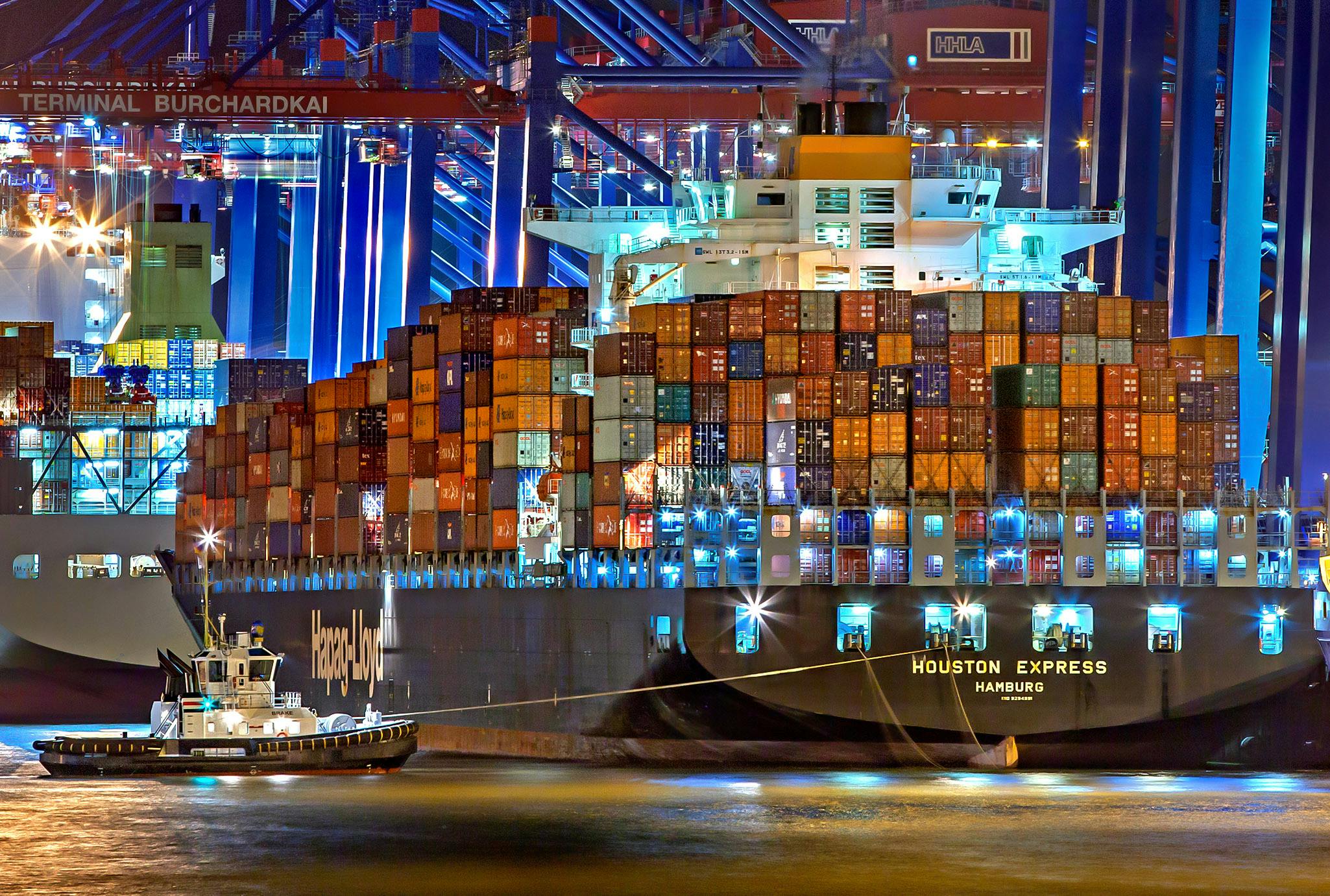Essential LCL Documents: A Complete Guide for High-End Goods Shippers
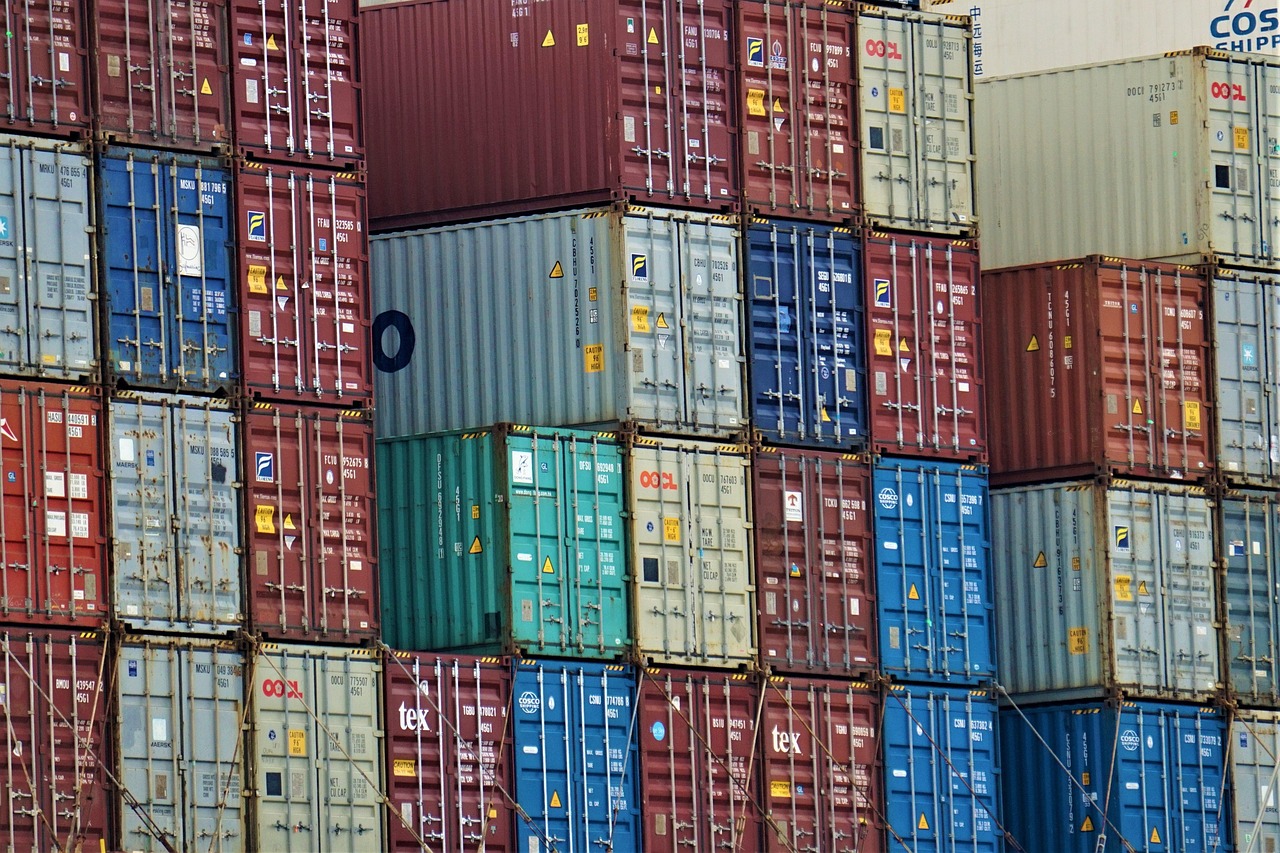
When you're responsible for moving high-value goods across borders, one misstep in paperwork can mean days of delays, thousands lost, or worse—brand reputation damage. If you're using Less than Container Load (LCL) shipping, documentation is your first line of defense. Whether you're exporting designer furniture, premium electronics, or artisanal homeware, missing or misfiled paperwork can have far-reaching effects.
If you've ever asked, "What documents are required for LCL shipments?" or searched for a reliable LCL documentation guide, this article is for you. We're breaking down the essential LCL shipping documents you need to get your cargo from the factory floor to the final destination without a hitch. Learn what you need, why you need it, and how to get it right every time.
What Is LCL?
LCL or Less than Container Load is a shipping method where multiple importers share space in a single container. It's perfect for companies moving smaller quantities of goods, especially when full-container loads (FCL) aren’t cost-effective. LCL shipping rates are based on the shipment volume, measured in cubic meters (CBM). Unlike air freight, which is often used for time-sensitive shipments but comes with higher costs and a larger carbon footprint, LCL shipping offers a more economical and environmentally friendly option for shippers.
But LCL comes with a big trade-off: more complexity.
You're not just dealing with your freight—your shipment is consolidated with others, meaning tighter coordination, more checkpoints, and stricter LCL freight documentation requirements. Without accurate paperwork, even one misstep in the LCL shipping process can lead to delays, fees, or inspection holds that eat into margins and damage brand reputation.
Read More: LCL Shipments Explained | How It Works & Key Benefits
What documents are needed for an LCL shipment?
Here’s your checklist of documents needed for LCL shipping, especially when handling high-end or fragile items. Use this as your go-to LCL paperwork checklist to avoid unnecessary friction.
1. Bill of Lading (B/L)
The bill of lading is a crucial piece of documentation for the LCL shipment. Popularly known as the sea waybill, it acts as a contract between the shipper and the carrier. In most cases, this contract is facilitated by the freight forwarder. The bill of lading will always contain the BOL number (an alphanumeric key), the shipper and the consignee information, the ports of origin or container freight station, and the destination. Like the commercial invoices, it will also describe the goods in the LCL freight container, the number of products, and the weight. Finally, it should also contain the freight charges.
The Bill of Lading is the cornerstone of any international shipment. It acts as:
- A receipt of goods
- A contract of carriage
- A title document (in some cases)
Types to know:
- Master B/L: Issued by the carrier
- House B/L: Issued by the freight forwarder
Pro tip: Always verify that the consignee and notify party details match your import documents to avoid customs clearance issues.
Read More: Bill of Lading (B/L)
2. Commercial Invoice
A commercial invoice is a document that outlines the sale transaction between the exporter and the importer. It includes information about the buyer and seller, such as names, addresses, and contact details. The commercial invoice is designed to trace the cargo being shipped down to its source. All the information on the commercial invoice is supposed to ensure this.
It includes:
- Invoice number
- Product descriptions and HS codes
- Unit values and total invoice value
- Incoterms (e.g., FOB, CIF)
- Buyer and seller information
Pro Tip: Customs uses it to assess duties and taxes. LCL customs documents rely heavily on invoice accuracy. Misstating value or omitting details can delay clearance.
3. Packing List
The packing list determines what is in any container used for LCL shipping. Freight forwarders usually create this document to consolidate LCL shipments. The list contains the number of products in the entire container space, the dimensions and weight of each product, and an in-depth description of each product in the container. There must be no discrepancies between the information provided on the packing list and that of the commercial invoice. For high-end goods, use detailed descriptions, dimensions, and barcode labels to streamline handling.
Not just a formality, the packing list helps with:
- Container loading and unloading
- Customs inspections
- Verifying item counts and weight
4. Certificate of Origin
This document certifies where your product was made. It’s especially important for trade agreements like USMCA or EU FTAs. Luxury or branded goods often require proof of origin to prevent counterfeiting or parallel imports. This document helps the customs authorities verify the product's country of origin. The information is often optional, and its requirement depends on the destination country. It also depends on the trade agreements.
5. Insurance Certificate
When your cargo’s worth thousands (or tens of thousands), insurance isn’t optional—it’s essential.
Include:
- Coverage terms
- Policy limits
- Insured value
Make sure your insurer is familiar with LCL vs FCL shipping documents, as coverage terms can differ significantly.
Read More: What Is Cargo Insurance & Why Does Your Business Need It?
6. Customs Declaration Forms
This is another critical document solely for the customs authorities on both sides of the shipping operation. Importers and exporters must present it because it provides crucial details about the shipment for customs clearance, including the description of the goods (with HS codes). The customs declaration will also contain information about the value of the shipment, the country of origin, and the intended use of the goods, whether commercial or personal.
Each destination has unique forms:
- U.S.: Importer Security Filing (ISF)
- EU: Single Administrative Document (SAD)
- Others may require local-specific declarations
Your customs broker should help prepare these as part of your required paperwork for international LCL shipping.
Read More: Navigating Customs & Regulations for SCL Shipments
7. Import/Export Licenses (if applicable)
Some high-value or regulated goods—like electronics or textiles—may require special licenses depending on destination or material content. Not sure? Reference your product’s HS code and consult with your forwarder or compliance team.
Why is LCL Documentation Important?
Communication is great and a non-negotiable in LCL and FCL shipping. However, in LCL freight shipping solutions, documentation does most of the communication. It can also go beyond explaining the shipments to the customs authority to streamlining operations and ensuring the following:
- Seamless Customs Clearance at Container Freight Station
When the documentation is complete, it helps avoid too much scrutiny. Accurate documentation means fewer questions and delays because everything the authorities need to clear the less than container load shipment will be contained in that documentation.
- Minimize Risks
Risks can result from damages due to improper placements of cargo in the shipping container, loss of shipments while in transit, or detention because of a lack of necessary information. All of these can be avoided with proper documentation of the LCL cargo.
- Tracking and Protection
Documentation ensures that all parties involved in the LCL shipping are protected – from the buyer to the seller, freight forwarders, and carriers. The documentation will typically contain transaction details such as product type, value, and payment date. Proper documentation also guarantees effective shipment tracking and transparency for all parties.
How Poor Documentation Causes Delays and Losses
Even seasoned pros can get tripped up by LCL paperwork. One missed declaration or mismatched invoice can cause:
- Shipment holds
- Customs penalties due to missing or incorrect information
- Demurrage and detention fees when cargo isn’t cleared on time
- Damaged brand reputation
- Missed retail launch windows
- Customer churn from late deliveries
- Payment delays
Why High-End Goods Shippers Can’t Afford These Errors:
Your margin is higher—but so are your risks. Premium and fragile goods draw more scrutiny from customs and demand a higher bar for compliance in international trade.
Tips for Streamlining Your LCL Paperwork Process
A few proactive steps can save you major headaches when you ship LCL:
1. Create Document Templates for Repeat Shipments: Build master templates for invoices, packing lists, and B/Ls to reduce errors.
2. Partner with a Tech-Enabled Freight Forwarder: A digital freight forwarder like Silq can automate document generation, flag inconsistencies, and offer real-time visibility.
3. Use Inspections to Reduce Rework: Live factory inspections catch issues at the source, minimizing downstream documentation errors.
4. Assign a Quality Control Step: Make documentation review a part of your pre-booking workflow. A second set of eyes can catch costly typos or mismatches.
How LCL Documentation Differs for High-End Products
- Stricter Inspection and Customs Scrutiny
Authorities often flag high-value goods for deeper inspection. Your paperwork must stand up to that level of detail.
- Higher Insurance Value Thresholds
Luxury e-commerce items often exceed standard coverage. Ensure your Insurance Certificate reflects real replacement values.
- Brand Protection via Correct Labeling & HS Codes
Incorrect documentation can open the door to counterfeits or grey market leakage. Labeling must be precise and codes accurate.
Examples:
- High-end ceramics: Must specify material origin and fragility for packing.
- Luxury fashion: Requires brand and material certifications.
- Designer furniture: Often needs separate licenses or export permits.
LCL vs FCL Shipping Documents
While many LCL and FCL documents overlap, there are a few key differences. LCL logistics paperwork tends to be more granular due to the shared container nature.
Why Choose Silq as Your LCL Partner?
Choosing the right LCL freight partner can be the difference between smooth sailing and costly disruption. At Silq, we go beyond traditional freight forwarding to give you a smarter, more transparent experience.
Centralized Documentation in the Platform
All your LCL paperwork—commercial invoices, packing lists, bills of lading, and more—is managed in one intuitive platform. No more chasing emails or digging through folders. Silq ensures everything is accurate, audit-ready, and in the right order.
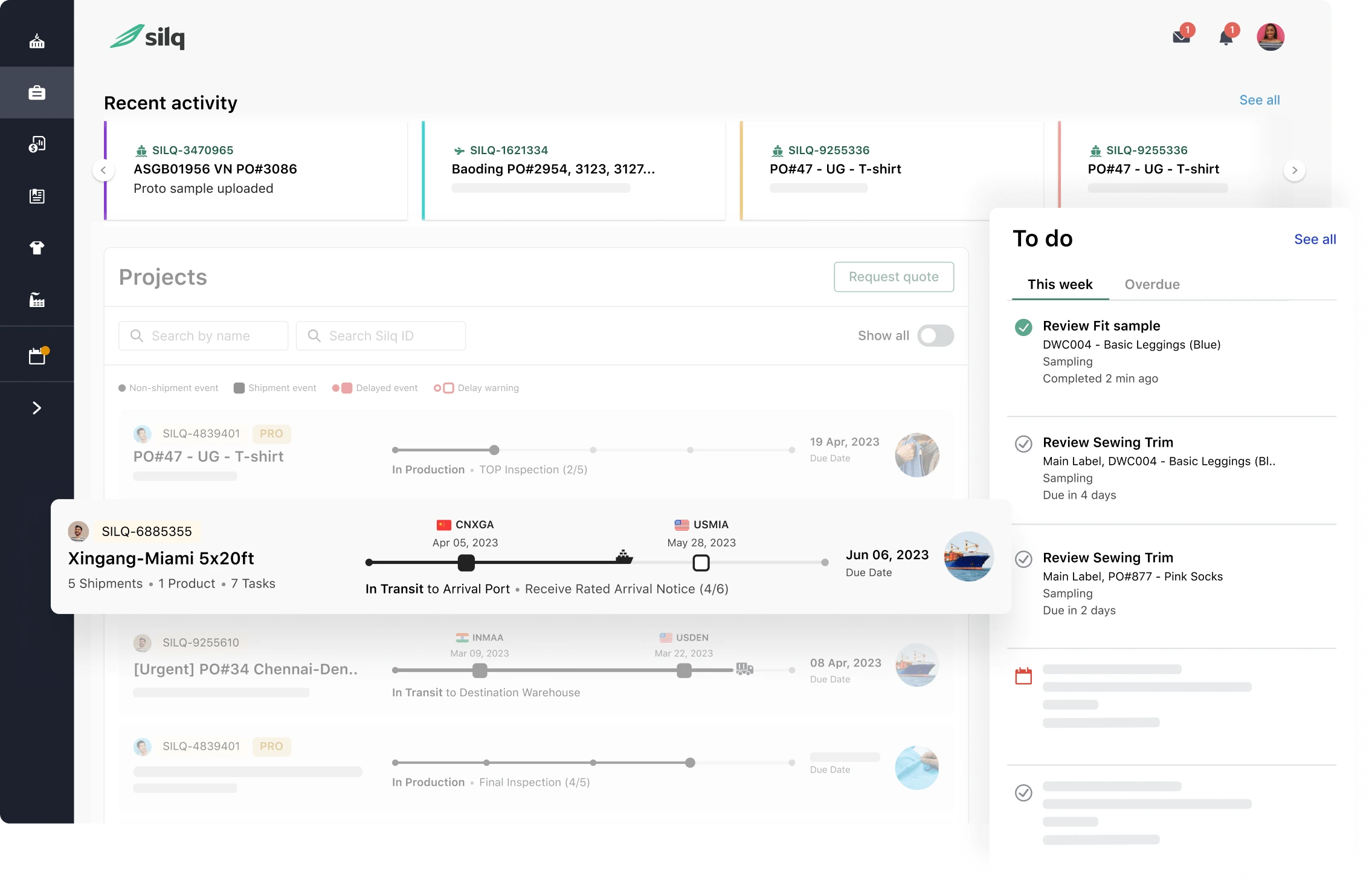
- Expert Support
Our team knows the ins and outs of global trade documentation and helps you avoid common mistakes in LCL documentation that can lead to delays or compliance issues.
- End-to-End Visibility
From booking to delivery, track every step of your shipment with real-time notifications. Know exactly where your cargo is and what’s coming next.
- Consistent Sailing Schedules
We partner with reliable carriers to offer steady sailing schedules, reducing the risk of rollovers and unexpected delays.
When you need confidence, control, and clarity in your LCL shipments—Silq delivers.
Be Sure of Your Less Than Container Load Documentation
Silq is your logistics partner for smarter, streamlined international shipping. Whether you're moving premium goods via air or ocean freight, our platform is purpose-built to simplify complexity. We cover every step of the LCL cargo shipping process. From factory inspection to consolidation, loading, transportation, and deconsolidation of the goods to the desired country or destination. From live factory inspections and consolidation to meticulous documentation and customs support—we do it all.
If you’ve been wondering, "How to prepare documents for LCL freight?" or searching for a complete checklist of documents needed for LCL shipping, this guide should give you the clarity you need. From the Bill of Lading to the Insurance Certificate, each document plays a mission-critical role in keeping your high-end cargo safe, compliant, and on time. Need a partner who treats documentation like the backbone of your operation? Partner with Silq—the freight forwarder that gets it right. Get started today and discover a smoother way to ship.
Some of the essentials are the commercial invoice, packing list, bill of lading, insurance certificate, letter of credit, certificate of origin, customs declaration, and licenses (if applicable).
Absolutely. LCL is a cost-effective option for premium goods if documentation and packaging are handled meticulously.
Yes, especially for customs clearance and warehouse handling. It should be itemized and match your invoice.
Expect delays, potential fines, and possible demurrage charges.
Lower cost, reduced environmental impact, and flexibility for smaller shipments.
You only pay for the space you use, unlike FCL, which rents the whole container.
Work with a forwarder like Silq that offers expert support, document verification, and real-time visibility.
Ready for Supply Chain Predictability?
Importers using Silq ship smarter, safer, and with total control.



